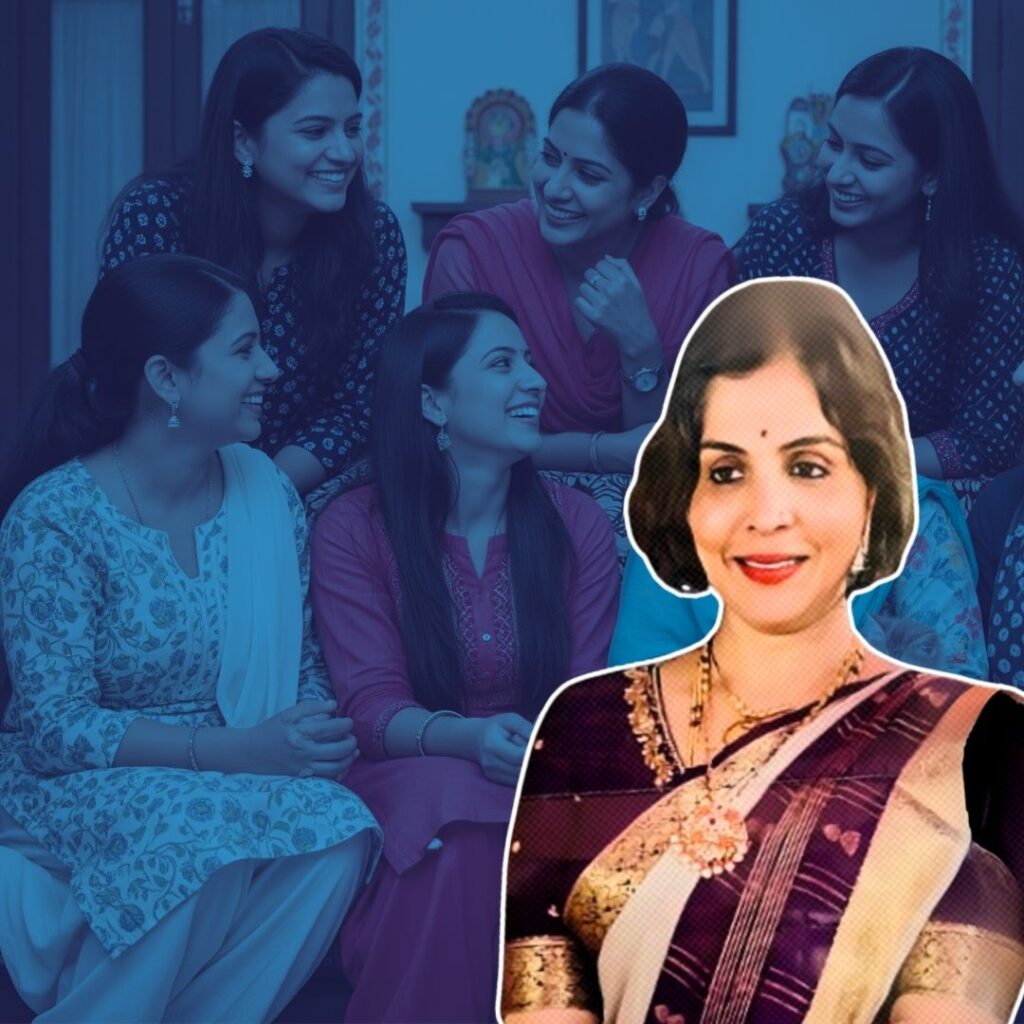India’s former Prime Minister and Bharatiya Janata Party stalwart Atal Bihari Vajpayee passed away today at 5:05 pm. In the five-odd decades that he was in Indian electoral politics, Atal Bihari Vajpayee has been more than just the former Prime Minister of the world’s largest democracy. A man who spent most of his days fighting elections from the opposition and losing one election after another went on to become the first non-Congress Prime Minister to complete a full-term in office. His name in Indian political history will forever remain etched as a master orator and a consummate diplomat who had the ability to sway people’s opinions with nothing but his oratory skills.
After he relinquished office in 2004, Atal Bihari Vajpayee was living a life away from the political conundrums of electoral politics yet he was a Member of Parliament till 2009. Under his stint as the Prime Minister, Vajpayee stunned the world by establishing India as a definite nuclear power after the second Pokhran nuclear test and in the process, uplifted his Bharatiya Janata Party (BJP) as well as the erstwhile Jan Sangh to a status that was otherwise enjoyed by Congress alone.
Atal Bihari Vajpayee along with Dr APJ Abdul Kalam after successfully testing nuclear missile in Pokhran Atal Bihari Vajpayee’s political achievements
At 93, Atal Bihari Vajpayee held the title of the oldest living Former Indian Prime Minister. We recapitulate some of the major milestones that Vajpayee attained during his long political career.
Born in 1924 in Gwalior, he was first introduced to the political sphere during the Quit India movement in 1942 when he and his brother Prem were arrested for 23 days for participating in anti-British activities. His oratory skills were soon recognised by the political high priests of the time as within the next five years he became a full-time RSS Pracharak and then went on to become the face of Bharatiya Jana Sangh, now BJP. Notably, after the death of Deendayal Upadhyay, responsibilities of the party fell on a young Vajpayee’s shoulders. Between 1975 and 1977, Vajpayee, along with several opposition leaders were arrested during the internal emergency that was imposed by the then PM, Indira Gandhi. Following the Janata Party’s victory in 1977, Vajpayee served as the External Affairs Minister in PM Morarji Desai’s cabinet. It was also the same year when he became the first person to deliver a speech at United Nations General Assembly in Hindi. Vajpayee first became PM in 1996, however, this was only a 13-day-long stint since the party failed to garner opposition support. He has won a number of awards and has been conferred with a series of honours as well, among which the Padma Vibhushan and the Bharat Ratna remain most noted. Giving up on the policy of resistance, Vajpayee followed the politics of agreement and under his rule, India attained a stable economic growth. His ambitious golden quadrilateral highway project brought the four corners of the country in close proximity. Hardly any other Indian PM has been able to look at the country in such a holistic manner.
During his Prime Ministership, Vajpayee had to endure a number of challenges. Even through major crisis, such as Kandahar to Kargil and even the Parliament attack, Vajpayee did not let go of India’s stance of handling tough situations with peace talks. A sudden stroke in 2009 left the once master orator in silence. Even though the three-time Prime Minister left active politics many years ago, his contributions towards liberalised India can hardly be forgotten.











